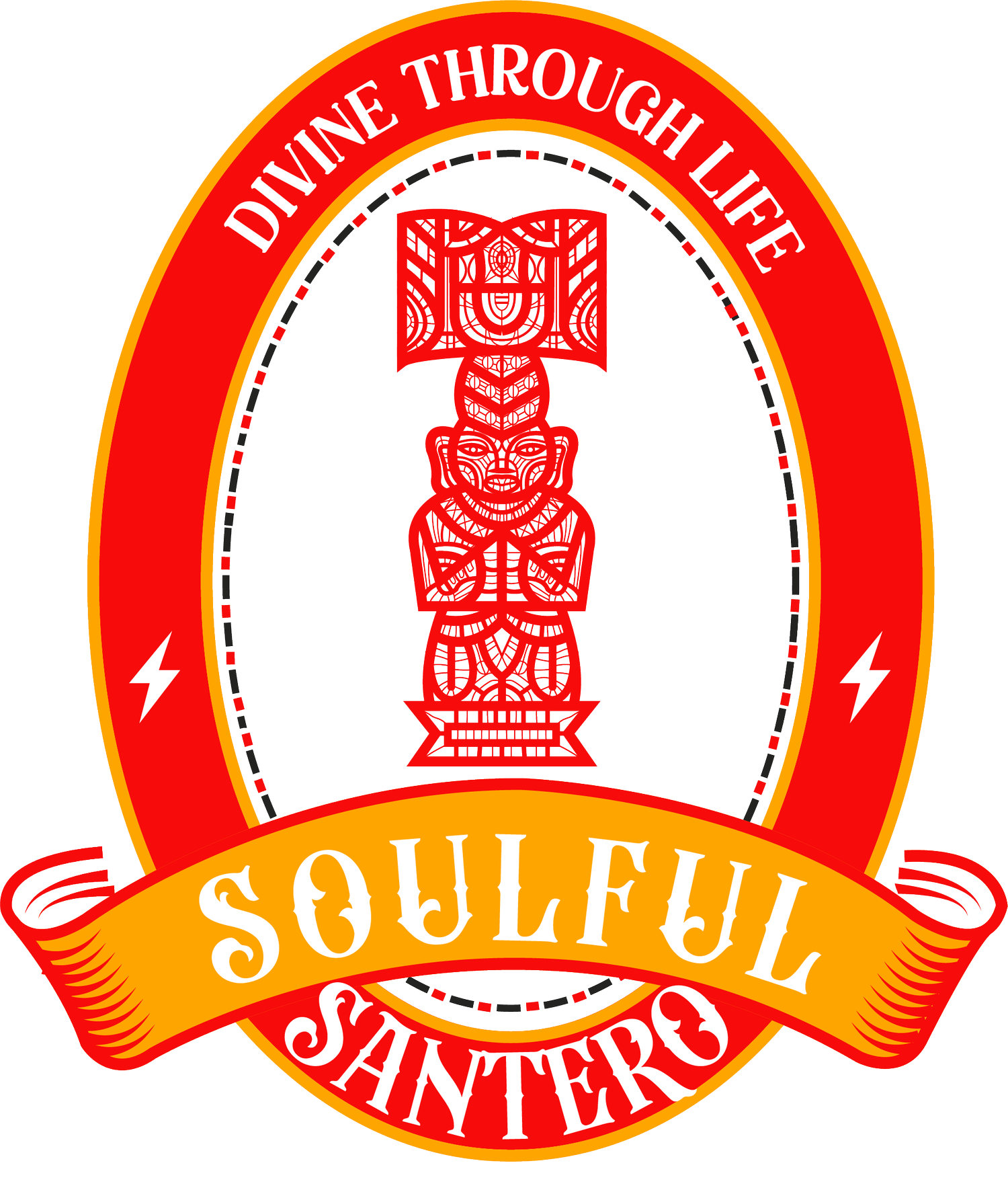ACKNOWLEDGING LIMITATIONS
In the Lucumi tradition I practice and am a priest of, we actually have within the priesthood a few different levels of it. There’s two main paths to priesthood in Lucumi and Cuban Ifa. Lucumi initiates people into the priesthood of various Orishas and are called Santeros. The Ifa side of what we do has its own order of priests called Babalawos. Some people call Babalawos high priests, and some Lucumi houses function where the Babalawo does the significant divinations within the house, even for Santeros. But this is not in every Lucumi house.
The thing that’s most important to me, honestly, isn’t so much which priesthood is more important or anything like that. It has been learning over time that they are independent of each other on one hand, but on another hand rely on each other for various ritual acts. There are things only Santeros should do, and things only Babalawos should do. That’s just how the cosmic forces of nature established the tradition. It is not the least bit unusual, for example, for me, a priest of Chango, to go to a Babalawo for readings every now and then to check on the state of my relationship with Orisha and receive the advices of both Orisha and Orunmila.
It has become a new-fangled thing, however, for people to do what we call in this world “sancocho.” Sancocho is like the Spanish version of the gumbo concept from Louisiana. In short, things are getting mixed that should not be mixed. It may look sexy and cool to do, but in traditions like this, you cannot just make shit up and not have things go very sideways. Remember, Orisha are cosmic forces of nature—play with them at your own risk!
I recently discussed this issue with one of my elders. He too agreed that it was a problem. Behind the spiritual sancocho is a deeper problem of some elders and leaders not acknowledging their limitations. That limitation could be a boundary of the tradition. It could be the limits of one’s personal knowledge and development. It could simply be that the teacher/elder just does not know the answer. Instead of acknowledging any of these things, a fake aura of confidence and “know it all” radiates from them. Speaking from experience, this is not like other traditions where you can play around and even flub the gods and not have real consequences. Nope. What happens is said leader forges ahead with their flawed or incomplete knowledge, and they set back the development of their charge. I would not have completely believed this myself had I not saw the fruits of bad mentoring over the years. The student becomes lost in the sauce of their mentor’s issues. When this happens, everybody loses.
What do I think the answer is? Well, keeping it simple, I think the biggest contribution we can make to move things in a positive direction is to be more honest and insist on honesty in our interactions – especially if it is teacher and student. If we are honest with ourselves and others, limitations and the awareness of them flows naturally into the work. If you insist on honesty, this also shapes your character as someone who does not compromise with the mediocrity of bypassing limitations.
Do not fear the limitations; let them help ground the work and keep you focused on what is important to you.
